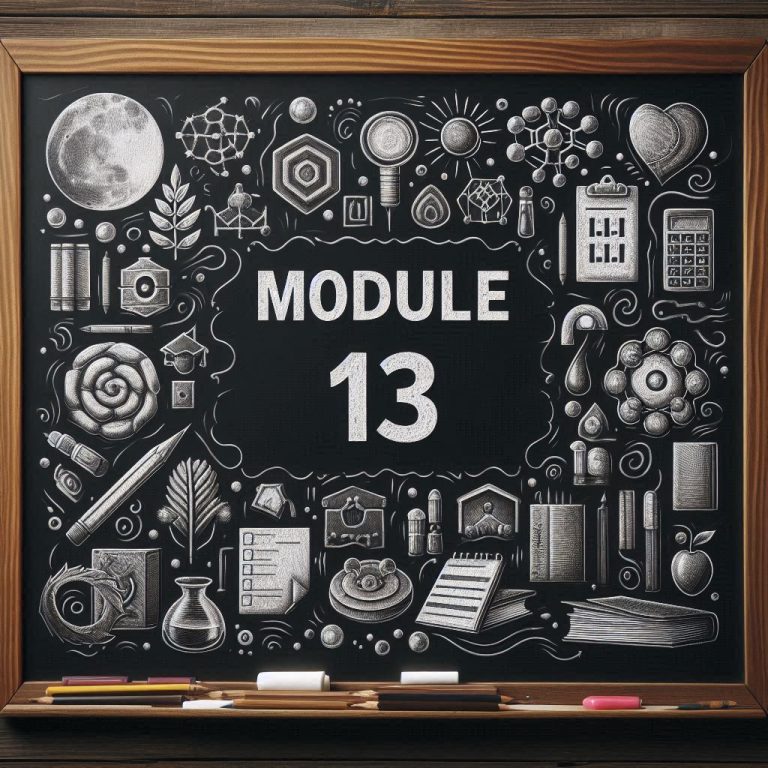Complete Guide to Common English Suffixes
A suffix is a word part added to the end of a root word to change its meaning or grammatical function. Understanding suffixes helps you decode unfamiliar words and expand your vocabulary.
Noun-Forming Suffixes
-ness
Definition: Forms abstract nouns expressing a state, condition, or quality Function: Typically added to adjectives to create nouns Examples:
- happiness (happy + ness)
- darkness (dark + ness)
- kindness (kind + ness)
- weakness (weak + ness)
- sadness (sad + ness)
- thickness (thick + ness)
- brightness (bright + ness)
- illness (ill + ness)
- awareness (aware + ness)
- wilderness (wild + ness)
-ment
Definition: Forms nouns indicating an action, process, or result Function: Usually added to verbs to create nouns Examples:
- movement (move + ment)
- development (develop + ment)
- agreement (agree + ment)
- treatment (treat + ment)
- punishment (punish + ment)
- measurement (measure + ment)
- excitement (excite + ment)
- improvement (improve + ment)
- employment (employ + ment)
- establishment (establish + ment)
-ion, -tion, -ation
Definition: Forms nouns expressing an action, process, or state Function: Added to verbs to create nouns (different spellings based on the root word) Examples:
- creation (create + ation)
- education (educate + ation)
- information (inform + ation)
- celebration (celebrate + ation)
- organization (organize + ation)
- operation (operate + ation)
- population (populate + ation)
- nation (nat + ion)
- invention (invent + ion)
- construction (construct + ion)
-ity
Definition: Forms abstract nouns expressing a quality or condition Function: Often added to adjectives ending in -al, -ar, -ic, or -ous Examples:
- reality (real + ity)
- personality (personal + ity)
- activity (active + ity)
- creativity (creative + ity)
- security (secure + ity)
- ability (able + ity)
- curiosity (curious + ity)
- electricity (electric + ity)
- possibility (possible + ity)
- responsibility (responsible + ity)
-logy
Definition: Forms nouns meaning “study of” or “science of” Function: Creates names for academic fields or areas of study Examples:
- biology (bio + logy) – study of life
- psychology (psycho + logy) – study of the mind
- geology (geo + logy) – study of the earth
- technology (techno + logy) – applied science
- archaeology (archaeo + logy) – study of ancient cultures
- sociology (socio + logy) – study of society
- ecology (eco + logy) – study of environments
- mythology (mytho + logy) – study of myths
- theology (theo + logy) – study of religion
- anthropology (anthropo + logy) – study of humans
Adjective-Forming Suffixes
-al
Definition: Forms adjectives meaning “relating to” or “having the characteristics of” Function: Creates descriptive words from nouns Examples:
- musical (music + al)
- natural (nature + al)
- personal (person + al)
- cultural (culture + al)
- historical (history + al)
- emotional (emotion + al)
- seasonal (season + al)
- traditional (tradition + al)
- educational (education + al) 10.ational (nation + al)
-y
Definition: Forms adjectives meaning “characterized by” or “full of” Function: Added to nouns to create descriptive adjectives Examples:
- sunny (sun + y)
- rainy (rain + y)
- happy (hap + y)
- dirty (dirt + y)
- healthy (health + y)
- wealthy (wealth + y)
- rocky (rock + y)
- windy (wind + y)
- noisy (noise + y)
- scary (scare + y)
-able/-ible
Definition: Forms adjectives meaning “capable of being” or “worthy of” Function: Usually added to verbs to show possibility or capability Examples:
- readable (read + able)
- comfortable (comfort + able)
- reasonable (reason + able)
- possible (poss + ible)
- incredible (in + credible)
- flexible (flex + ible)
- responsible (respond + ible)
- acceptable (accept + able)
- visible (vis + ible)
- horrible (horr + ible)
-ive
Definition: Forms adjectives expressing tendency or inclination Function: Shows a quality or characteristic, often from verbs Examples:
- creative (create + ive)
- active (act + ive)
- positive (posit + ive)
- negative (negat + ive)
- expensive (expens + ive)
- attractive (attract + ive)
- protective (protect + ive)
- sensitive (sens + ive)
- massive (mass + ive)
- impressive (impress + ive)
-ic
Definition: Forms adjectives meaning “relating to” or “characteristic of” Function: Creates descriptive words, often from nouns Examples:
- historic (history + ic)
- electric (electr + ic)
- automatic (automat + ic)
- dramatic (drama + ic)
- fantastic (fantasy + ic)
- athletic (athlete + ic)
- scientific (science + ic)
- economic (economy + ic)
- academic (academ + ic)
- democratic (democracy + ic)
Adverb-Forming Suffixes
-ly
Definition: Forms adverbs showing manner, degree, or frequency Function: Usually added to adjectives to describe how something is done Examples:
- quickly (quick + ly)
- slowly (slow + ly)
- carefully (careful + ly)
- happily (happy + ly)
- seriously (serious + ly)
- easily (easy + ly)
- suddenly (sudden + ly)
- quietly (quiet + ly)
- perfectly (perfect + ly)
- probably (probable + ly)
Person/Profession Suffixes
-logist
Definition: Forms nouns meaning “person who studies” or “expert in” Function: Creates names for professionals or specialists Examples:
- biologist (bio + logist) – studies life
- psychologist (psycho + logist) – studies the mind
- geologist (geo + logist) – studies the earth
- archaeologist (archaeo + logist) – studies ancient cultures
- sociologist (socio + logist) – studies society
- ecologist (eco + logist) – studies environments
- anthropologist (anthropo + logist) – studies humans
- dermatologist (dermato + logist) – studies skin
- cardiologist (cardio + logist) – studies the heart
- neurologist (neuro + logist) – studies the nervous system
Key Tips for Using Suffixes
- Spelling Changes: Sometimes the root word changes when adding a suffix (happy → happiness)
- Multiple Suffixes: Words can have more than one suffix (beautifully = beauty + ful + ly)
- Context Clues: Use suffixes to determine a word’s part of speech and meaning
- Root Recognition: Identifying the root word helps understand the full meaning
- Pattern Recognition: Learning suffix patterns improves reading comprehension and vocabulary
Understanding these suffixes will help you decode thousands of English words and improve both your reading comprehension and writing skills.



